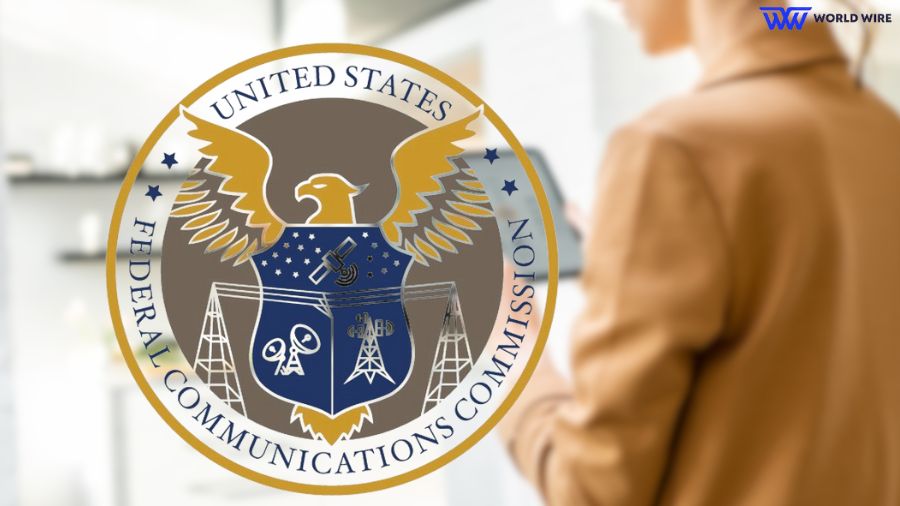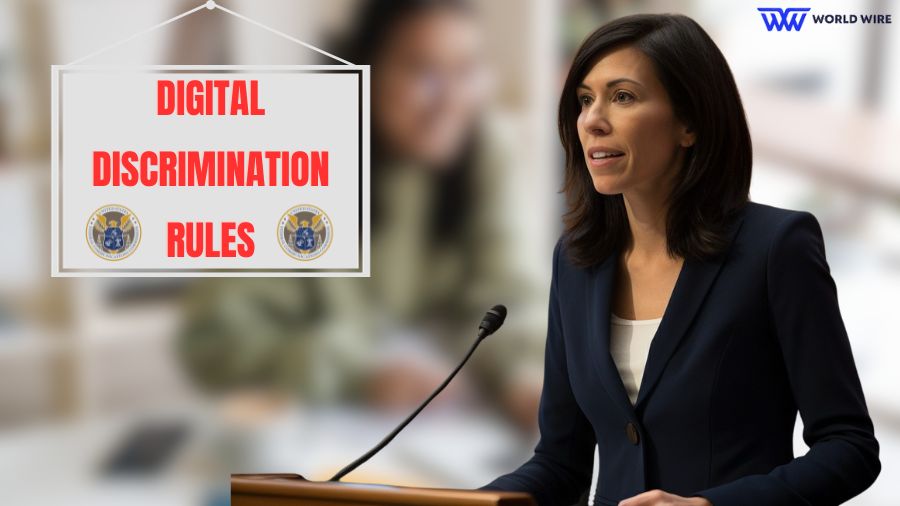The FCC adopted rules with the goal of stopping and eradicating “digital discrimination,” which is the practice of restricting access to broadband services based on national origin, income level, race, ethnicity, colour, or religion.
FCC Adopts Digital Discrimination Rules—But Not Without Dissent
The rules allow the FCC to “protect consumers by directly addressing companies’ policies and practises if they differentially impact consumers’ access to broadband internet… or are intended to do so,” as stated in an announcement from the United States Federal Communications Commission (FCC).
The commission continues, stating that the rules “focus on the very real problem of the outcome, such as when decisions untainted by discriminatory intent nevertheless cause different communities to receive different access to broadband services.”
Customers will be able to file concerns through a portal, which the commission will then review. The FCC will have the authority to mediate disputes and impose penalties on businesses that break the law.
FCC Chair Jessica Rosenworcel noted that the FCC was charged with creating “rules to facilitate access to broadband and prevent and eliminate digital discrimination” when Congress passed the Bipartisan Infrastructure Law. The address was given to commemorate the adoption of the rules.
According to Rosenworcel, rules are necessary to achieve the objective of providing broadband to every American.
Observing that some American communities are “underserved and overlooked,” Rosenworcel said, “If we [want] to close the digital divide, we have to address digital discrimination.”

Not every commissioner agreed with the regulations. The Republican commissioners refrained from voting on the regulations, while the three Democratic commissioners supported them.
Commissioner Brendan Carr fiercely opposed the digital discrimination rules, claiming they gave the FCC “nearly limitless power to veto private sector decisions,”
Carr states that the order gives the FCC the authority to “regulate every service provider’s network deployment, reliability, maintenance, customer premises equipment, installation, speed, capacity, latency data cap, throttling, pricing, promotional rates, late fees, opportunity for equipment rental, installation time, service termination fees and use of customer credit and accounting history, mandatory arbitration clause, pricing, discounts, customer service, language options, credit checks, marketing or advertising contract renewal, upgrades, transfers to another covered entity and in-service suspension.”
Furthermore, he stated, “Despite the repeated refrain that the agency has no interest in regulating broadband rates, the commission votes today to regulate broadband rates.”
Numerous associations inside the telecom sector contended that the rules would generate uncertainty and would not aid in closing the digital gap. USTelecom and CTIA were among those who supported this claim.
Similar claims were made by the Information Technology & Innovation Foundation (ITIF), which describes itself as a “nonprofit tech policy think tank.”
Jonathan Spalter, the president and CEO of USTelecom, disapproved of the rules, calling them “overly intrusive, unworkably vague, and ultimately harmful steps in the wrong direction.”
The Rural Broadband Association, or NTCA, provided one more response. “We share the overarching goal of creating an environment in which broadband access, adoption, and engagement are fostered for every American,” stated Shirley Bloomfield, the group’s CEO.







Add Comment